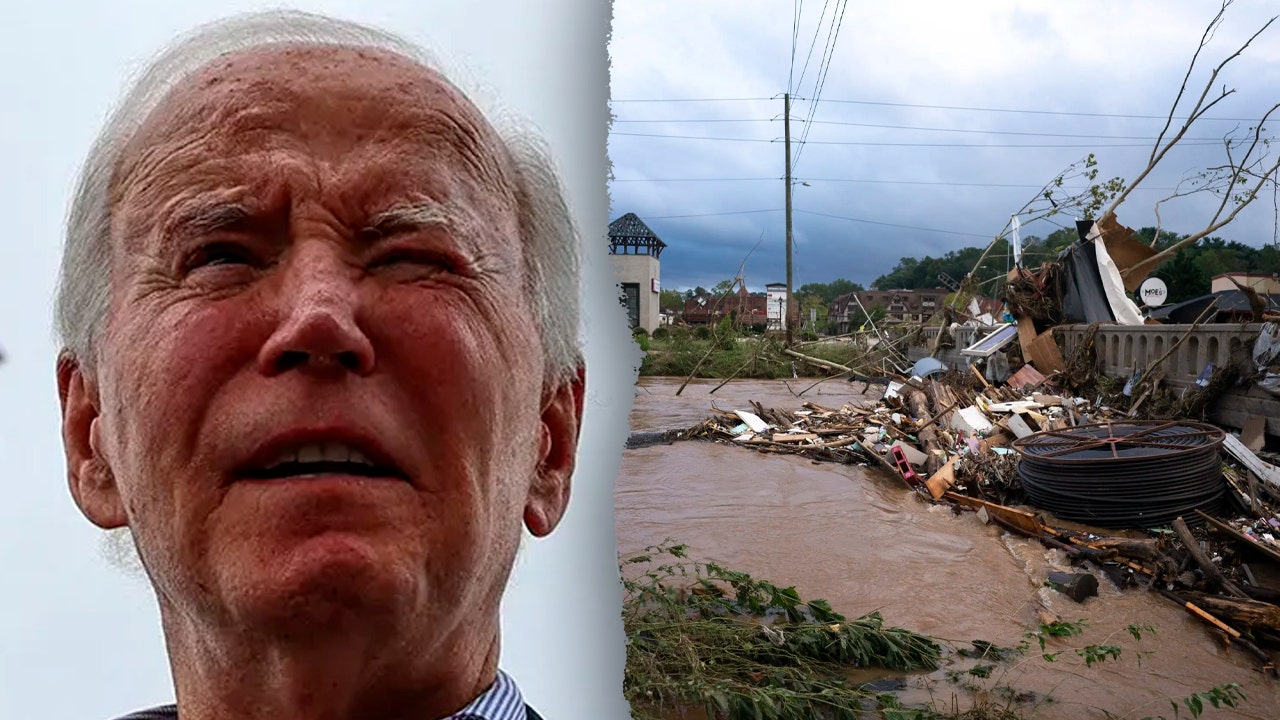Israeli forces have reportedly launched a ground invasion of southern Lebanon, marking a significant escalation in the ongoing conflict with Hezbollah.
Israeli Forces have begun to cross into Southern Lebanon.
— OSINTdefender (@sentdefender) September 30, 2024
Lebanese troops are tactically pulling back from border with Israel, as Israeli forces are planning the ground incursion into southern Lebanon. Lebanese troops and Hezbollah have been preparing for this since 2006, to engage in urban warfare with Israeli troops inside Lebanon
— Ashok Swain (@ashoswai) September 30, 2024
Patriotic beachwear for freedom lovers! Shop now and get 10% off with code RB10. Vet & LEO-founded.
BREAKING:
AFP reports that the U.S. State Department has confirmed that Israeli ground operations have started on Lebanese territory.
— Visegrád 24 (@visegrad24) September 30, 2024
This military action comes after months of anticipation, following repeated rocket attacks from the Iran-backed terror group that has created a displacement crisis within northern Israel.
In the wake of Hezbollah’s continued missile strikes targeting northern Israeli communities, Israeli forces have moved to eliminate the group’s military infrastructure.
Tensions have been building since October 7, when rocket fire from Hezbollah, coupled with the attacks from Hamas in Gaza, led to widespread displacement and evacuations in Israel’s northern region.
Israel’s operation in Lebanon aims to cripple Hezbollah’s ability to carry out rocket attacks on Israeli cities, a campaign that has been ongoing for months.
The New York Post reports that Israeli forces are focusing on Hezbollah’s outposts and weapon stockpiles in southern Lebanon.
According to The Wall Street Journal, Israeli special operations forces have already been conducting intelligence raids over the past few months in preparation for the current ground invasion.
Israeli military officials confirmed that the invasion began following the closure of a section of northern Israel along the Lebanese border.
Maj. Gen. Ori Gordin, head of Israel’s Northern Command, ordered the area to be closed to all civilians, signaling the start of the ground operation.
According to The Times of Israel, the military has been preparing for this incursion for some time, with the goal of dismantling Hezbollah’s ability to launch further attacks.
The primary objective of this operation is to destroy Hezbollah’s rocket launch sites, tunnels, and weapons caches, which have been responsible for the missile strikes on northern Israel.
These attacks have forced tens of thousands of Israeli residents to flee their homes since October 8. U.S. officials told The Washington Post that Israel’s plan for a limited incursion into southern Lebanon was shared with the Biden administration ahead of the launch.
The timing of the invasion is seen as advantageous, given that Hezbollah’s leadership suffered significant losses last week. A major Israeli airstrike killed Hezbollah’s leader, Hassan Nasrallah, along with several top commanders.
His replacement was killed shortly after taking over, dealing another blow to the group’s command structure.
While Israel has received support from the U.S. in previous military actions, the current response from the Biden administration has been cautious.
Joe Biden, when asked about the invasion, expressed awareness of Israel’s plans but called for a ceasefire, stating, “I’m more aware than you know, and I’m comfortable with them stopping – we need a ceasefire.”
BIDEN: “I’m more aware than you might know.”
You sure about that? pic.twitter.com/hZfWmfVFcs
— RNC Research (@RNCResearch) September 30, 2024
Biden’s position has drawn criticism from some, who argue that the U.S. should be more supportive of Israel’s efforts to neutralize Hezbollah.
The Biden-Harris administration has been advocating for a 21-day ceasefire to de-escalate the conflict, despite Israel’s need to defend itself against ongoing attacks.
This stance has raised questions about the U.S. commitment to its ally, especially in light of the administration’s mixed messages on troop deployments in the region.
Though Biden stated that no additional U.S. troops would be sent to the Middle East, the Pentagon has since deployed more personnel, sparking further confusion about the administration’s strategy.
LEFT (YESTERDAY): Biden answers “no” when asked if he’ll deploy more troops to the Middle East.
RIGHT (TODAY): The Pentagon announces they’re deploying more troops to the Middle East.
Who is running the country? pic.twitter.com/GnhJq3v6qT
— RNC Research (@RNCResearch) September 30, 2024
Critics argue that the president’s calls for a ceasefire could embolden Iran and its proxies, including Hezbollah, and weaken Israel’s efforts to defend itself.
As the situation unfolds, Israel’s military remains focused on eliminating Hezbollah’s capabilities in southern Lebanon while the U.S. government continues to navigate the complex diplomatic and military challenges posed by the conflict.
The ground invasion marks a critical phase in Israel’s defense strategy as it seeks to restore security to its northern regions.
The opinions expressed by contributors and/or content partners are their own and do not necessarily reflect the views of LifeZette. Contact us for guidelines on submitting your own commentary.
Read the full article here


![Israel Begins Invasion Of Lebanon, Despite Biden Calling For A Ceasefire [WATCH] Israel Begins Invasion Of Lebanon, Despite Biden Calling For A Ceasefire [WATCH]](https://www.lifezette.com/wp-content/uploads/2024/08/2024.08.19-12.38-lifezette-66c33cb9f0e65.jpg)


![TikTok Freeloader Flaunted U.S. Handouts, Mocked America, & Urged Squatting—Now Deported [WATCH] TikTok Freeloader Flaunted U.S. Handouts, Mocked America, & Urged Squatting—Now Deported [WATCH]](https://www.lifezette.com/wp-content/uploads/2024/10/2024.10.29-02.00-lifezette-6720ea6d2f792.jpg)



![Republicans Push to Nuke Department of Education [WATCH] Republicans Push to Nuke Department of Education [WATCH]](https://www.rvmnews.com/wp-content/uploads/2025/02/2025.02.04-10.57-rvmnews-67a1f2813bccd.jpg)
